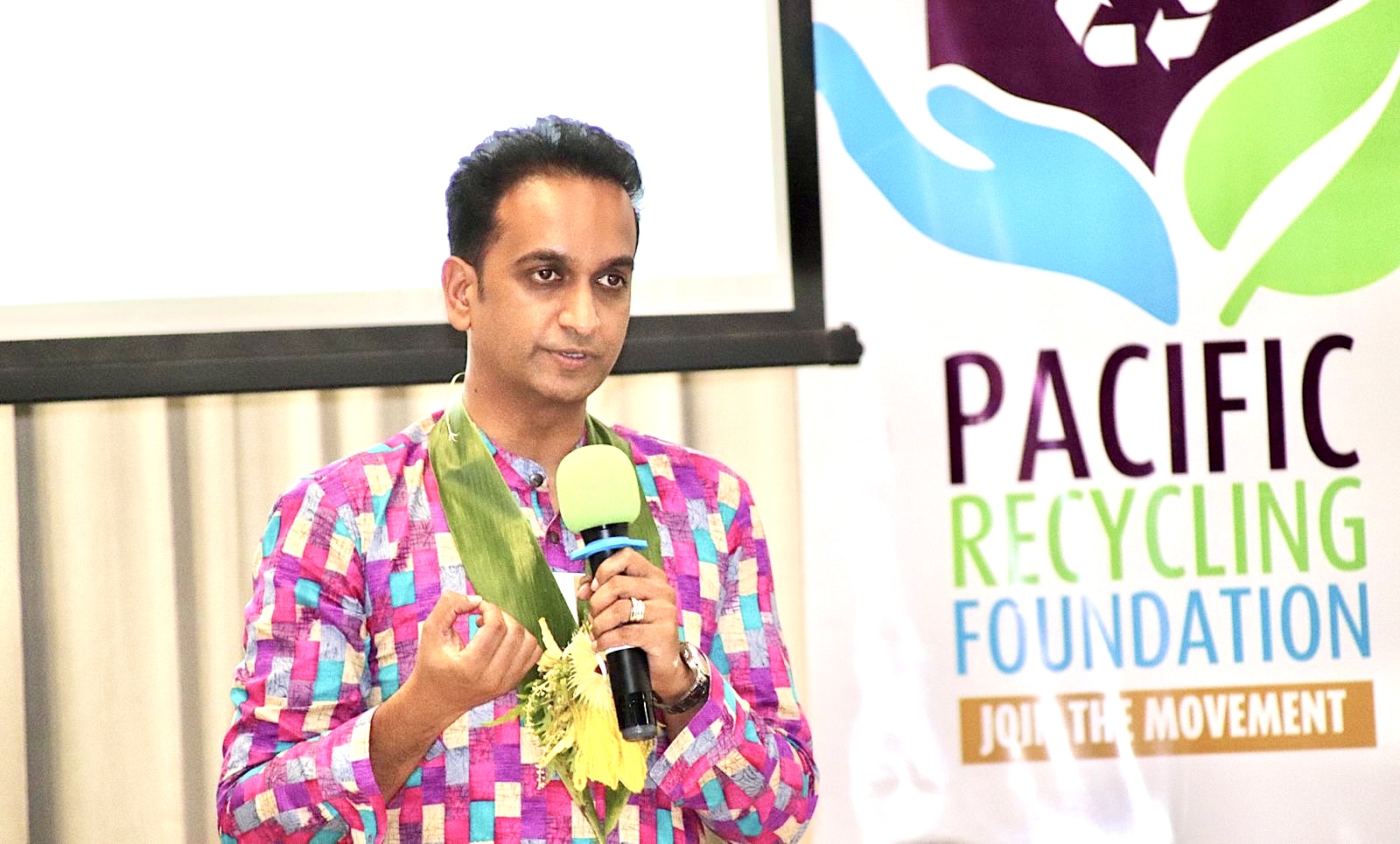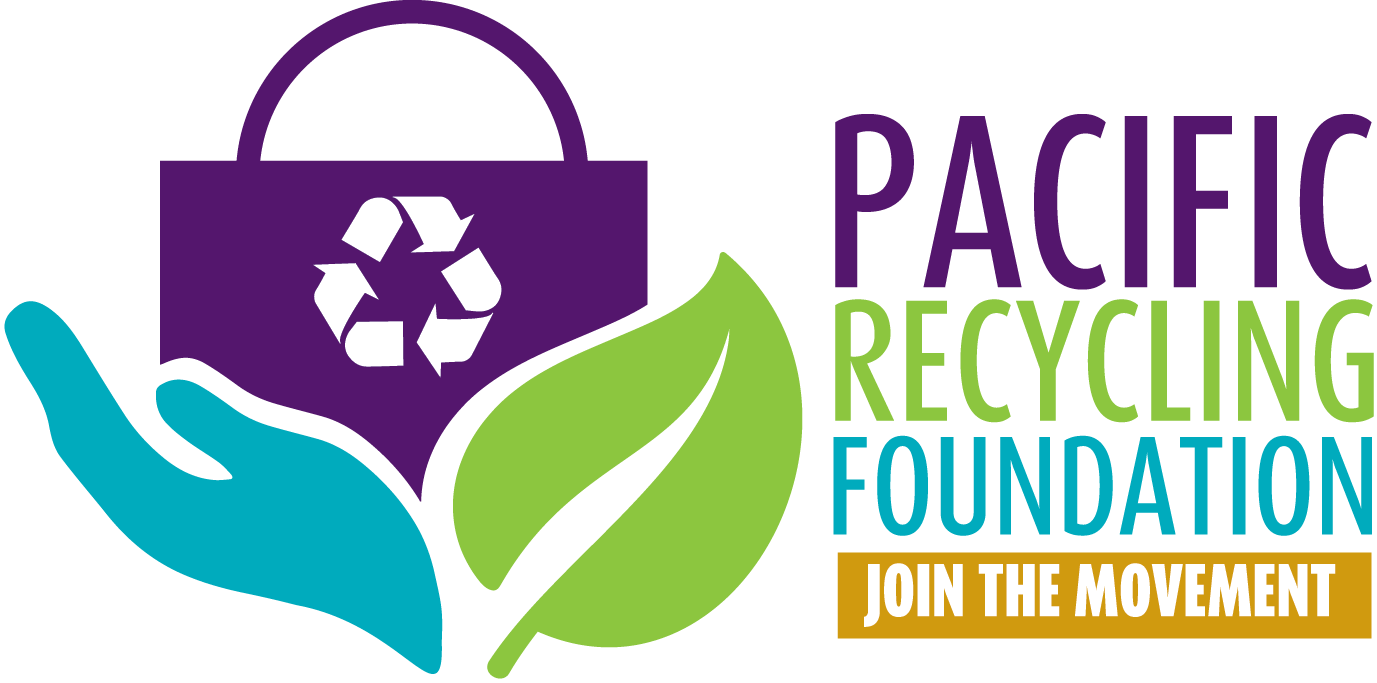Landfill Business Models Must Avoid Focusing on Maximum Waste Volume – PRF

As Fiji moves forward with plans for a second landfill in the Western Division, Pacific Recycling Foundation is calling for a shift away from outdated waste management practices that prioritise volume over sustainability.
PRF stresses that the business model for landfills must not be based on maximising the amount of waste that goes into the landfill, as this approach contradicts the core principles of environmental, economic, and social sustainability.
PRF Founder, Amitesh Deo emphasised that landfills should be designed to manage only general waste that cannot be recovered or recycled, not to encourage the dumping of large volumes of waste.
“A landfill’s role should be limited to receiving actual rubbish, not recyclables or materials that can be recovered. A business model driven by volume is fundamentally at odds with sustainability. It accelerates the exhaustion of landfill space, leads to higher taxpayer costs for cell reconstruction, and undermines efforts to reduce waste and advocate recycling,” said Deo.
Deo added that landfills should also not be involved in processing recyclables, as this introduces a lack of accountability.
“Recycling should be left to recyclers. Landfills are not equipped to manage recyclables effectively. If we allow landfills to self-regulate and handle the recovery of low-value items like plastic, there is a high chance these materials will never be recovered. Instead, they may fill up landfill space unnecessarily, leading to premature exhaustion and increased long-term costs for the public, said Deo.
PRF’s ongoing work with Collection Pillars of Recycling (CPR), individuals who play a vital role in the collection of recyclables from dumpsites and public places, underscores the importance of leaving recycling efforts to dedicated individuals, groups and grassroots recyclers.
“The CPR community works tirelessly to remove recyclables from dumpsites and public spaces, and they need to be recognised and supported in these efforts. Landfills are not the solution for recycling, and their involvement risks sidelining the important contributions of the CPR,” said Deo.
PRF is advocating for the proposed Western Division landfill to be developed under two key principles: Do No Harm and People Before Profit.
“This means ensuring that recyclables are recovered before waste enters the landfill and that the landfill is not incentivised to focus on waste volume. We need a model that supports recycling, reduces environmental harm, and prioritises the welfare of the CPR,” added Deo.
Deo further emphasised that progressive countries have moved away from models that rely heavily on landfills.
“In these countries, recycling and recovery are prioritised, and landfills are the last resort for waste that cannot be managed through other means. Fiji must adopt a similar approach to ensure sustainability,” stressed Deo.
PRF is also calling for an independent environmental assessment of the proposed Western landfill to evaluate the potential risks of leachate contamination on nearby farms and coastal areas.
Deo further stated that by focusing on recovering recyclables and reducing the amount of waste sent to landfills, we will be able to generate environmental, economic, and social benefits.
“This will allow us to protect our natural resources, create new economic opportunities through recycling industries, and improve the livelihoods of the CPR community.”
PRF remains committed to working with the government, industry partners, and local communities to ensure that Fiji’s landfill developments align with sustainable waste management practices, protect the environment, and support the livelihoods of those involved in recycling.
